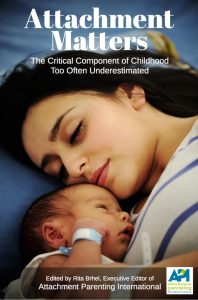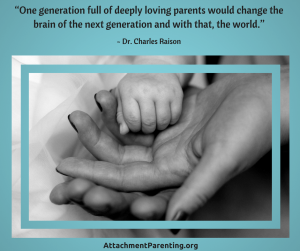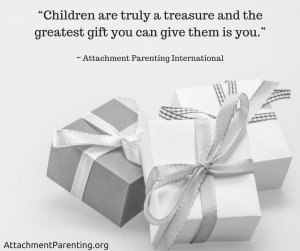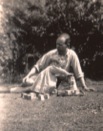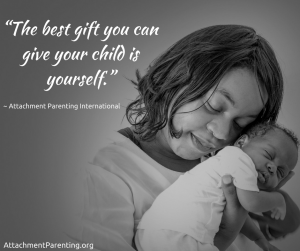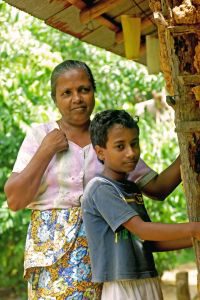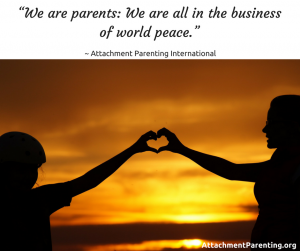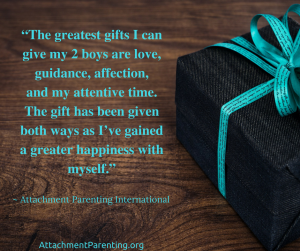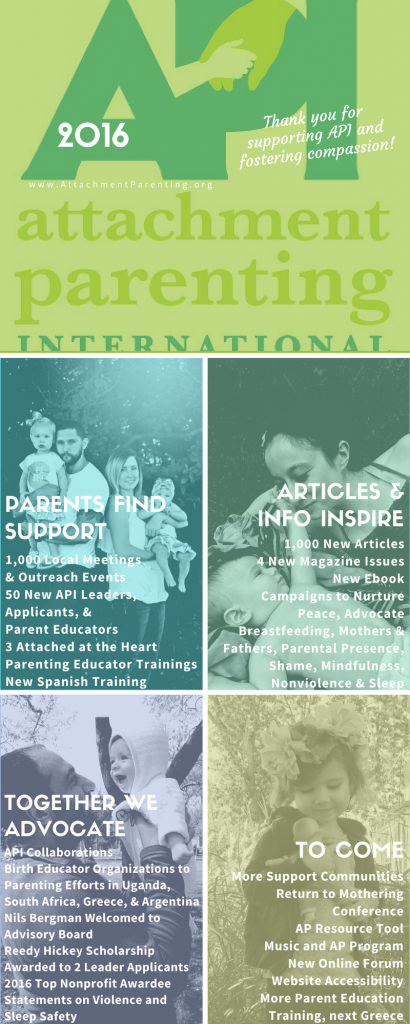 2016 has been a fulfilling year for Attachment Parenting International (API). Although the very best parent support is found in local API Support Groups, our evidence-informed magazine articles, blog posts, teleseminars, ebooks, and other resources also provide regular pulses of support to millions of families worldwide seeking information on raising their children with strong attachments.
2016 has been a fulfilling year for Attachment Parenting International (API). Although the very best parent support is found in local API Support Groups, our evidence-informed magazine articles, blog posts, teleseminars, ebooks, and other resources also provide regular pulses of support to millions of families worldwide seeking information on raising their children with strong attachments.
Of all the posts published by API this year, here are the top 10 of 2016:
- “Reading between the lines, Part 1: Media Analysis Guidelines for Parents” — Just heard a story that is less-than-flattering toward attachment parenting, and don’t know what to believe? This article helps you learn how to discern fact from fiction in your reading of news, research, and blogs, so you can make informed decisions in your parenting.
- “Who will baby attach to?” — It’s the baby who decides who will be his or her primary caregiver, and that decision most often occurs within the first 7 months of life. The caregiver who is the most sensitively responsive and consistently loving — whether mother, father, grandparent, or nanny — is selected to be the primary caregiver. This article gives more details to this timeline, and why emotional care ranks higher than daily care in the baby’s world.
- “Emotional abuse, a dark form of children’s maltreatment” — Emotional abuse doesn’t have to be overt to be incredibly damaging. Read more on the the subtleties of emotional abuse, and its outcomes, in this article.
- “What makes emotional trauma? Fear, disconnect, and shame” — Shame in itself is a normal emotion, but like anger, unresolved shame can grow to unhealthy proportions. This article discusses the 3 ingredients to emotional trauma, of which unresolved shame is one, the enormity of healing from a shame-based self-image, and serves as a cautionary call for parents to be mindful in how they raise their children to process shame.
- “The latest research in nurturing touch, breastsleeping, and babywearing” — At least 70% of new parents are found to bedshare at least occasionally, and 6-year-olds who bedshared as babies are found to be happier, less fearful of peers, and better learners. Here’s another tidbit: No oxytocin is released in elective cesareans, so skin-to-skin contact, breastfeeding, massage, and babywearing is extra critical to compensate for the essential need of oxytocin in a newborn’s healthy development. Interested in learning more? This article is full of the latest research in touch, breastfeeding, and bedsharing.
- “To promote breastfeeding is to promote Attachment Parenting” — Breastfeeding is more common in less affluent regions. This article examines a report that showed a link between poverty and higher breastfeeding rates, why this may not be as ironic as you think, and what this reflects about our cultures views on formula use and breastfeeding support.
- “What really matters when it comes to daycare” — Not working is not always possible, or desired, for parents. But infants and children need ample time with their primary caregivers for healthy attachment development. This article explores how working parents can balance their time away with their child’s attachment needs.
- “A moment of silence for the ‘mother’ of doula work” — This article is a tribute to the late Dana Raphael who not only established doula work as a profession but also was among the first scientists to stand up against formula companies’ unethical marketing in developing countries. Her work has incredibly changed the landscape of both childbirth and breastfeeding support.
- “4 ideas for gentle weaning” — Maybe you’re struggling with night-nursings, or you want to conceive another baby, or you’re just feeling a need to slow down on your toddler’s or preschooler’s nursings. Whatever the reason, deciding to begin weaning can be hard, but it can even be tougher to know how to do it without hurting your relationship with your child. Here are 4 ideas for gentle weaning that really do work without tears.
- “Being a Daddy” — Becoming a new father comes with a steep learning curve, but it can be incredibly fulfilling. This article reflects on one father’s learning curve to become an affectionate Daddy.

